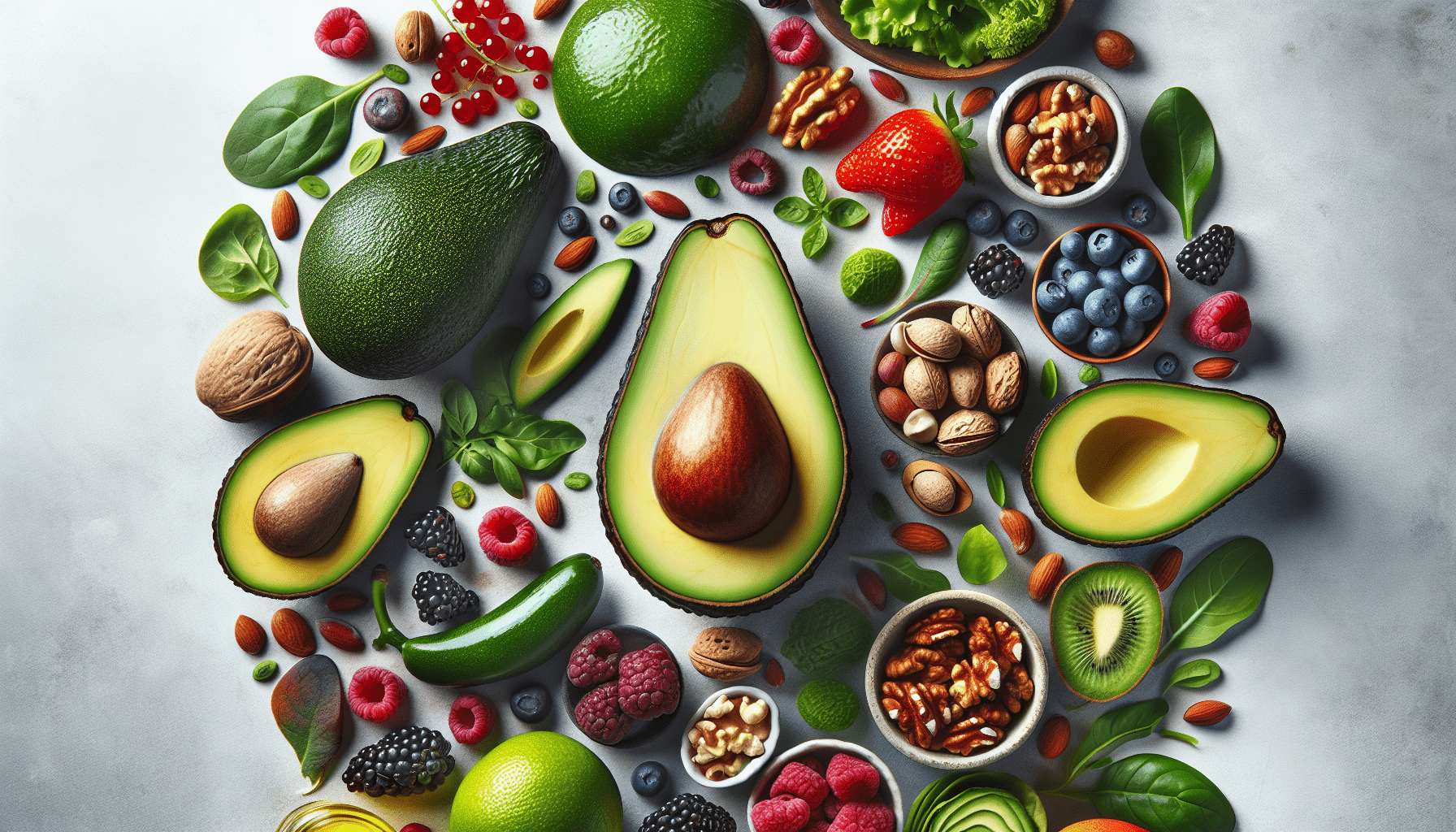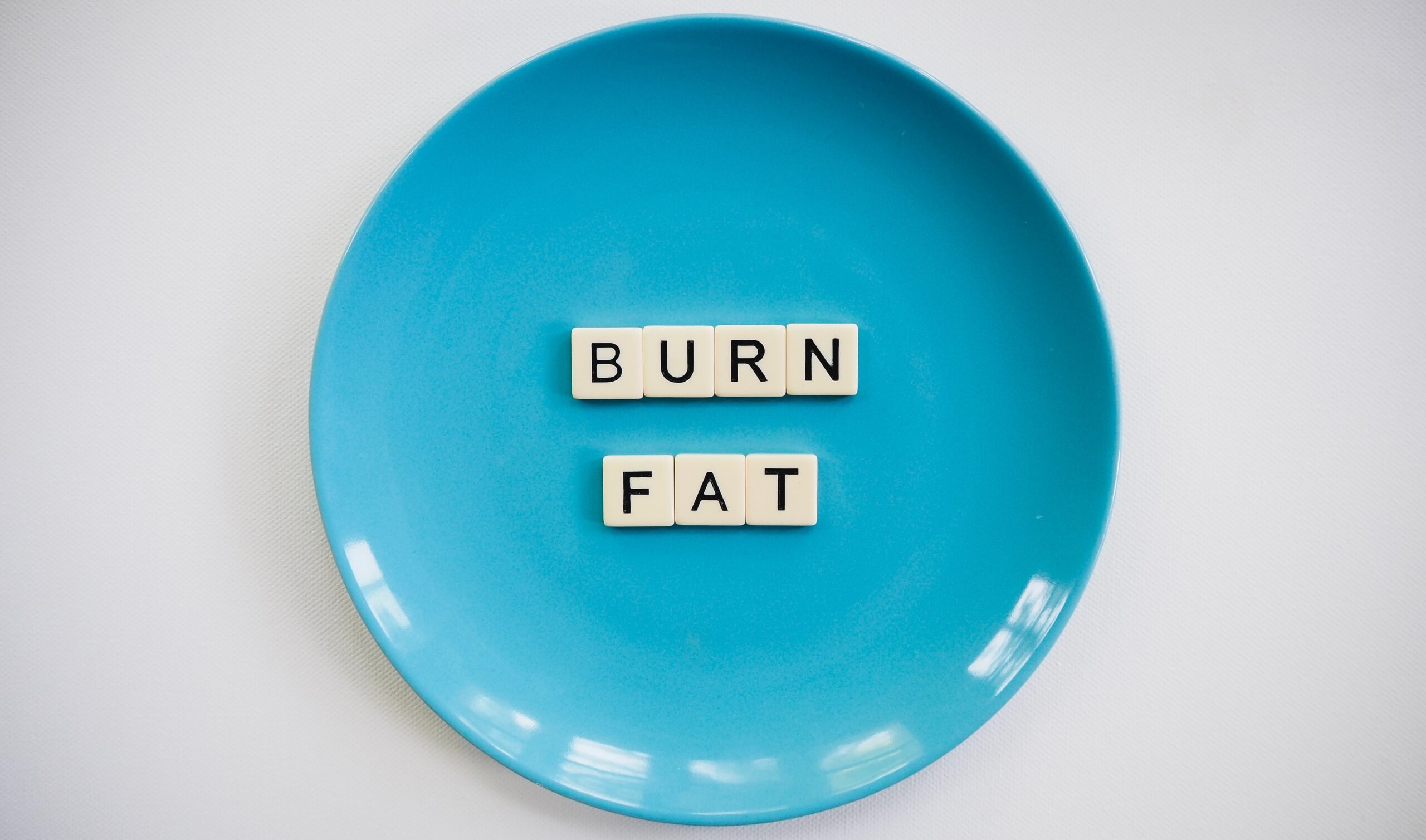Imagine you’re on a journey toward healthier eating habits, but those nagging cravings for sweet, salty, or savory treats keep derailing your progress. You’re definitely not alone! In the article “How To Stop Cravings When Dieting,” you’ll uncover practical strategies to tame those temptations and stay on track. From understanding the psychological triggers to discovering satisfying alternatives that don’t sabotage your diet, get ready to arm yourself with the knowledge and tools you need to conquer cravings and embrace a more balanced relationship with food.
Understanding Cravings
When you’re on a diet, maneuvering around cravings can feel like navigating a minefield. By understanding what cravings are and why they happen, you can equip yourself with the strategies you need to defuse them without derailing your diet.
The Science Behind Food Cravings
Cravings are a powerful desire for a specific type of food, and they’re a common experience that can be attributed to various factors. On a biological level, cravings can stem from a need for certain nutrients or a response to an imbalance in hormones responsible for hunger and satiety signals, like ghrelin and leptin. Moreover, your brain associates the taste and pleasure of eating certain foods with reward, which can lead to psychological cravings.
Emotional vs. Physical Cravings
You often face two types of cravings: emotional and physical. Emotional cravings are triggered by feelings like stress, sadness, or boredom, and they lead to eating for comfort rather than hunger. On the other hand, physical cravings can be your body signaling a genuine need for energy or specific nutrients. Observing the cues from your body can help you distinguish between the two.

How Dieting Can Trigger Cravings
Dieting, especially when it involves drastic changes in your eating habits or severe restrictions, can intensify cravings. This is because your body is adjusting to a new pattern of energy consumption and might perceive it as a threat, prompting an increase in cravings as a way to ensure you get enough energy to function.
Setting Realistic Goals
To prevent cravings from becoming overwhelming, it’s important to set attainable goals that don’t make you feel deprived or overwhelmed.
Creating a Sustainable Diet Plan
Instead of opting for extreme diets, you should aim for a sustainable eating plan that includes a variety of foods you enjoy. This balanced approach can help reduce feelings of deprivation that often lead to cravings.
Setting Short-term and Long-term Goals
Short-term goals keep you motivated with quick wins, while long-term goals help maintain your focus on the bigger picture. For instance, a short-term goal could be adding an extra serving of vegetables to your meals each week, whereas a long-term goal might be to achieve a certain weight or health milestone.
Adjusting Goals as You Progress
As you make progress, you may find that your initial goals need modification. You could discover that you’re capable of more than you thought, or you might need to overcome unforeseen obstacles. Adjusting your goals accordingly can help you stay on track without succumbing to the pressure of cravings.
Balanced Nutritional Intake
Balancing your nutritional intake is critical in managing cravings effectively.
Importance of Macronutrients
Carbohydrates, proteins, and fats are macronutrients that play distinct roles in your body’s function and energy levels. Ensuring you get an appropriate balance of these macronutrients can help stabilize your energy levels and reduce the occurrence of cravings.
The Role of Micronutrients in Appetite Control
Micronutrients like vitamins and minerals are also vital in controlling your appetite and can influence cravings. For example, a deficiency in magnesium often leads to chocolate cravings, and inadequate iron levels can make you crave red meat.
Hydration and Its Effect on Cravings
Often, the body confuses signals of dehydration with hunger, leading to cravings. Staying hydrated is a simple yet effective way to help keep cravings at bay, as well as to maintain overall health.
Meal Timing and Frequency
The frequency and timing of your meals can also influence cravings.
The Impact of Meal Timing on Cravings
When you go for long periods without eating, your blood sugar levels can drop, triggering cravings. It’s beneficial to plan your meals so that you eat before you reach a point of hunger that sparks intense cravings.
Benefits of Eating at Regular Intervals
Having your meals at regular intervals helps maintain blood sugar levels and prevents the kind of hunger that leads to overeating. It teaches your body to expect food at certain times, which can reduce random cravings.
Planning Meals and Snacks to Prevent Hunger
Creating a meal and snack schedule gets your body accustomed to a routine, which can minimize haphazard cravings. Having healthy snacks on hand can also deter you from reaching for less healthy options when cravings do strike.
Mindful Eating Practices
Being mindful of your eating habits is an effective way to manage cravings.
Understanding Mindful Eating
Mindful eating involves being fully present during your meals and savoring each bite. This practice allows you to become more attuned to your body’s hunger and fullness signals and to eat for nourishment rather than for emotional reasons.
How to Eat Mindfully to Prevent Cravings
When you eat mindfully, you pay attention to the taste, texture, and aroma of your food, which enhances the eating experience and leads to greater satisfaction with smaller quantities. This can diminish the urge to indulge in cravings that are often about seeking out sensory pleasure.
The Relation Between Mindfulness and Satiation
When you eat with mindfulness, it promotes better digestion and signals satiation to your brain effectively. This heightened sense of satisfaction can curb cravings and prevent overeating.
Managing Stress and Emotions
Dealing with stress and emotions without turning to food is crucial in preventing cravings.
Identifying Emotional Eating Patterns
If you find yourself craving certain foods during moments of emotional distress, you might be an emotional eater. Recognizing these patterns is the first step towards changing your response to emotions.
Stress-Reduction Techniques
Techniques such as deep-breathing exercises, meditation, or yoga can help manage stress, reducing the likelihood of resorting to comfort food during emotionally charged moments.
Healthy Alternatives to Emotional Eating
Finding healthy outlets like talking to a friend, going for a walk, or engaging in a hobby can serve as alternatives to eating when emotions run high. Redirecting your focus can alleviate the compulsion to satisfy emotional cravings.
Smart Food Substitutions
Introducing healthier alternatives can satisfy your tastes without abandoning your diet.
Craving Sweets: Healthier Alternatives
When you’re craving something sweet, consider fruit or dark chocolate with a high cocoa content instead of sugary confections. These options can appease your sweet tooth while providing more nutritional value.
Salty Snacks: Better Options
For salty cravings, try nuts or seeds, which offer the satisfying crunch and flavor but with added benefits like healthy fats and protein.
High-Fat Foods: Satisfying Substitutes
If you’re in the mood for something rich and decadent, opt for foods with healthy fats like avocado or a piece of oily fish. These can keep you satiated for longer and provide essential fatty acids.
Leveraging Physical Activity
Physical activity is not just good for your health; it’s also a tool for managing cravings.
Exercise as a Craving Suppressant
Engaging in exercise can be an immediate deterrent to cravings. It shifts your focus and provides a natural high from the endorphins released during physical activity.
Types of Physical Activity to Reduce Food Cravings
Whether it’s a brisk walk, a yoga session, or a more intense workout, finding an activity you enjoy is key to using exercise to help manage cravings. Enjoyment increases the likelihood of you sticking to regular exercise.
The Link Between Endorphins and Appetite
When you exercise, your body releases endorphins, which create feelings of well-being and can suppress appetite. The physical and mental boost that comes from endorphins can reduce the desire to find comfort in food.
Getting Adequate Sleep
Never underestimate the power of a good night’s sleep on your dietary choices.
The Connection Between Sleep and Hunger Hormones
Sleep plays a crucial role in regulating the hormones that control hunger and fullness. Insufficient sleep can lead to an increase in hunger and a higher propensity for cravings.
How Sleep Deprivation Affects Cravings
When you’re low on sleep, your body craves quick energy, often in the form of sugary or fatty foods. Ensuring you get enough quality sleep can help to maintain a balance in your hunger hormones and reduce cravings.
Tips for Improving Sleep Quality
To improve sleep quality, establish a regular sleep schedule, create a relaxing bedtime routine, and ensure your sleeping environment is conducive to rest. Avoiding caffeine and screens before bedtime can also make a big difference in your sleep quality.
Staying Resilient Through Setbacks
It’s natural to encounter setbacks, but how you deal with them determines your success in managing cravings.
How to Bounce Back from a Craving Slip
If you give in to a craving, it’s important not to beat yourself up. Acknowledge the slip, understand what triggered it, and refocus on your goals. Resilience lies in moving forward, not dwelling on the past.
The Importance of Persistence
Persistence is key in managing cravings and sticking to your diet. Every effort you make builds your willpower and develops habits that make it easier to resist cravings in the future.
Learning and Adapting from Mistakes
View each craving encounter as a learning experience. By analyzing what led to a craving and how you responded, you can adapt your strategies to better manage similar situations in the future.
Remember, you have the power to manage your cravings by understanding their source, setting realistic goals, and maintaining balanced nutrition. Stay mindful, stay active, get enough rest, and find healthy coping mechanisms for stress. With patience and persistence, you’ll find that managing cravings while dieting is not only possible but also helps pave the way to a healthier lifestyle.




